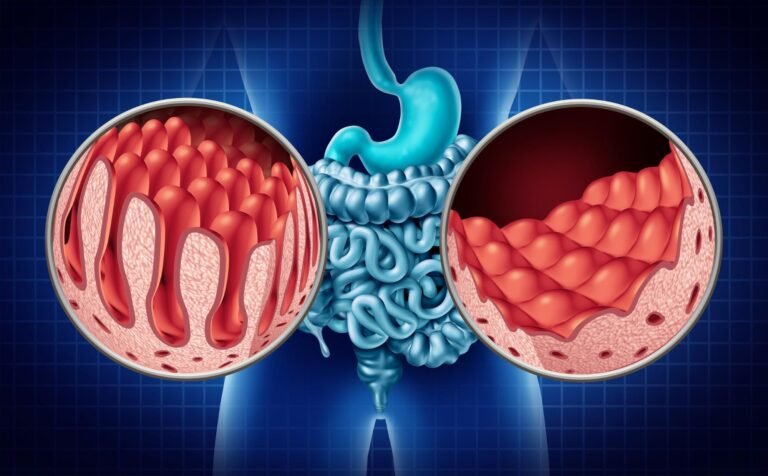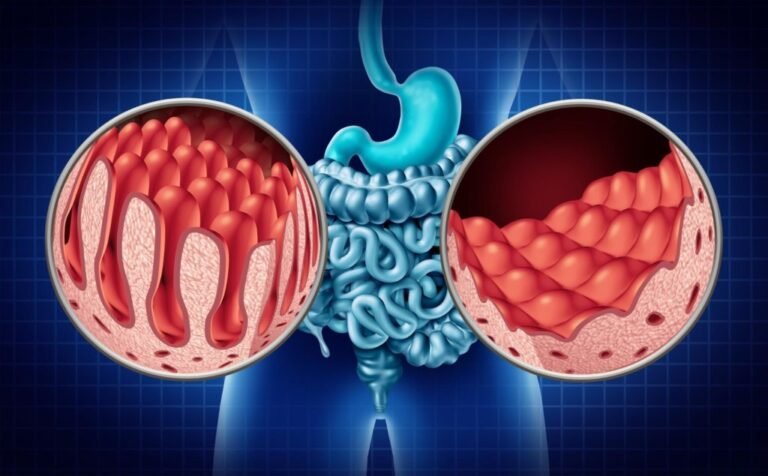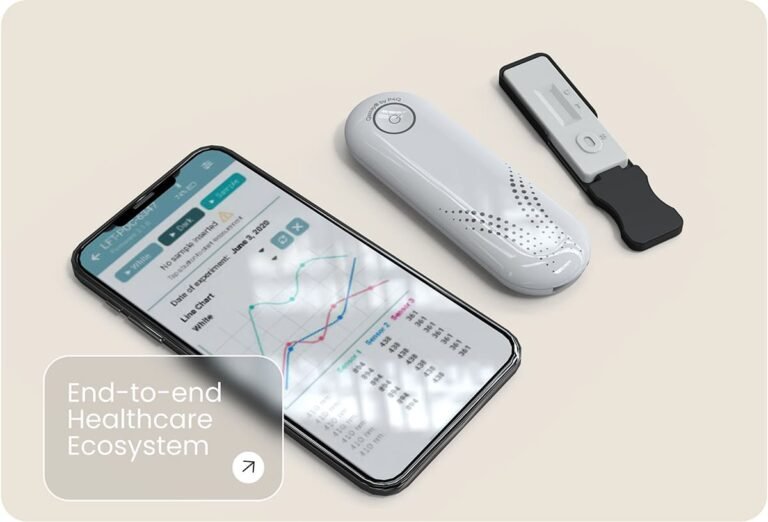Understanding the 17-OHP Test: A Key Diagnostic Tool in Hormonal Health
Introduction:
In the realm of hormonal health, various tests play a crucial role in diagnosing and managing conditions. One such test that holds significance, especially in the context of adrenal health and certain endocrine disorders, is the 17-OHP (17-alpha hydroxyprogesterone) test. This diagnostic tool provides valuable insights into hormonal balance and helps healthcare professionals identify potential issues early on.
What is the 17-OHP Test?
The 17-OHP test measures the levels of 17-alpha hydroxyprogesterone in the blood. This hormone is a precursor to cortisol, a vital stress hormone, and is produced in the adrenal glands. Normally, 17-OHP levels are low, but elevated levels may indicate a dysfunction in the adrenal glands or certain genetic conditions.
Uses of the 17-OHP Test:
Congenital Adrenal Hyperplasia (CAH): One of the primary purposes of the 17-OHP test is to diagnose or monitor congenital adrenal hyperplasia, a group of genetic disorders affecting the adrenal glands’ ability to produce cortisol. Elevated 17-OHP levels can be indicative of this condition.
Adrenal Function Assessment: The test is also employed to evaluate overall adrenal function. Abnormal 17-OHP levels may suggest adrenal gland issues, such as adrenal tumours or adrenal hyperplasia.
Infertility Investigations: In some cases, the 17-OHP test may be part of infertility investigations, as hormonal imbalances can impact fertility. Elevated levels could be linked to disruptions in the menstrual cycle and ovulation.
How is the Test Performed?
The 17-OHP test is a simple blood test. Typically, a healthcare professional will draw a blood sample, usually from a vein in the arm. The sample is then sent to a laboratory for analysis.
Interpreting Results:
Interpretation of 17-OHP test results depends on various factors, including age, sex, and the specific reason for the test. Elevated levels may prompt further investigations to pinpoint the underlying cause, while normal levels indicate a healthy hormonal balance.
Conclusion:
The 17-OHP test plays a pivotal role in diagnosing and managing conditions related to adrenal health and hormonal imbalances. Early detection of issues through this test can lead to timely interventions, enhancing the effectiveness of treatments and improving patients’ overall well-being. If you suspect hormonal imbalances or have concerns about adrenal health, consult with a healthcare professional who can guide you through the appropriate diagnostic measures, including the 17-OHP test. Regular check-ups and proactive health management are essential for maintaining hormonal balance and overall health.







